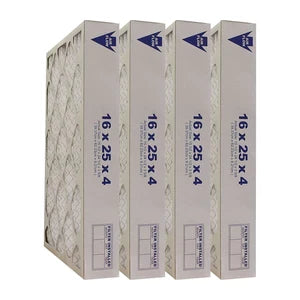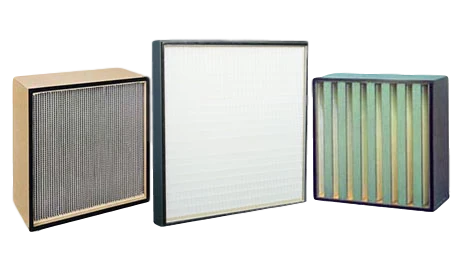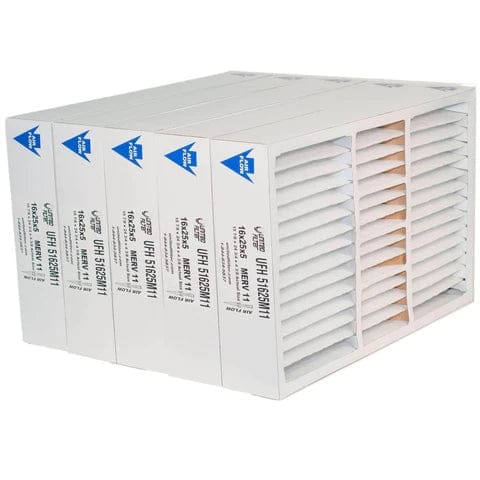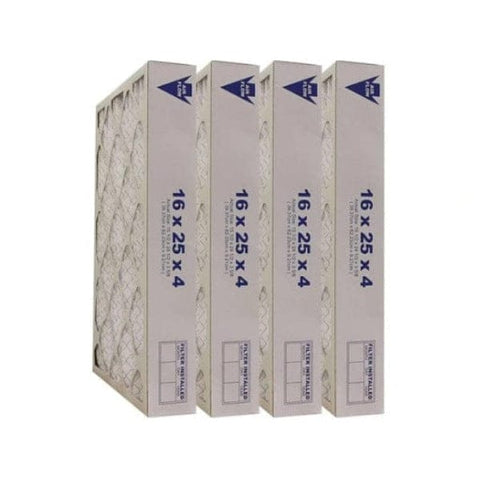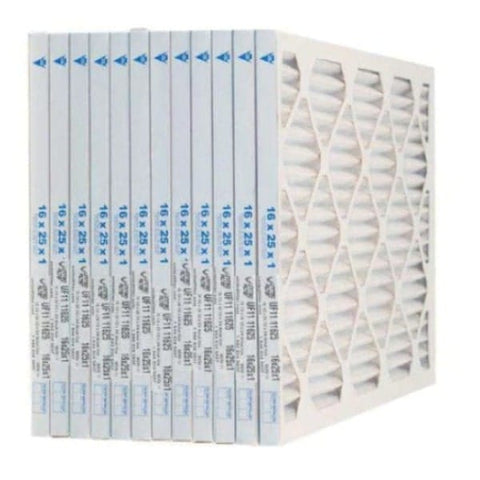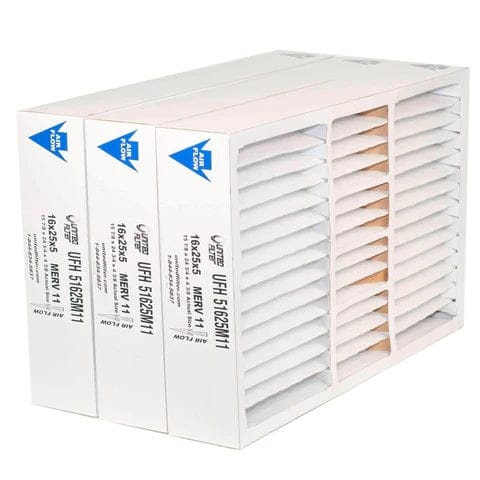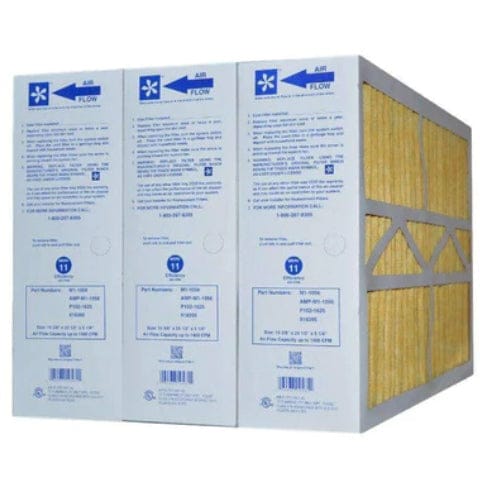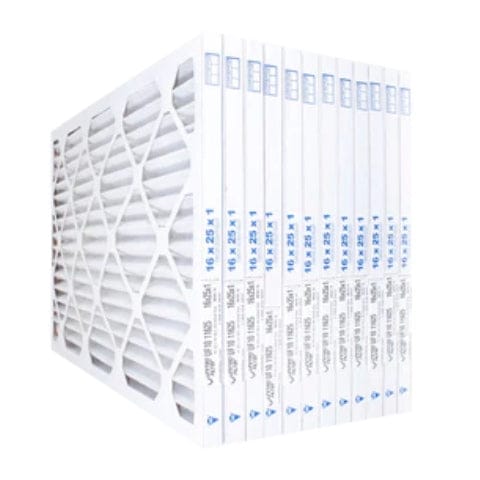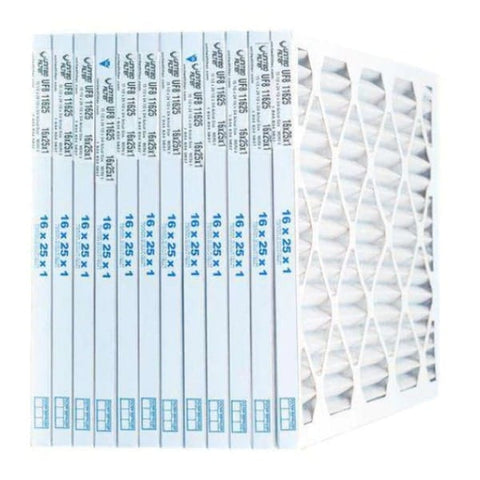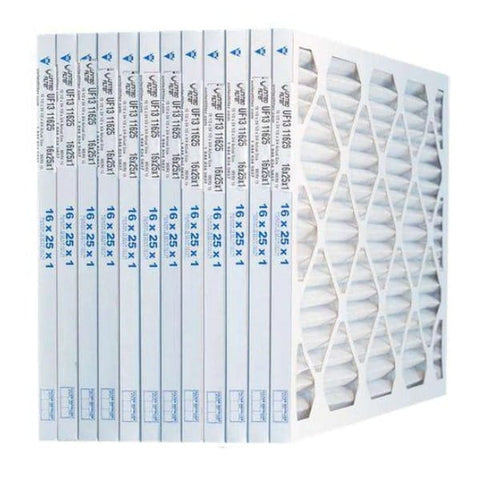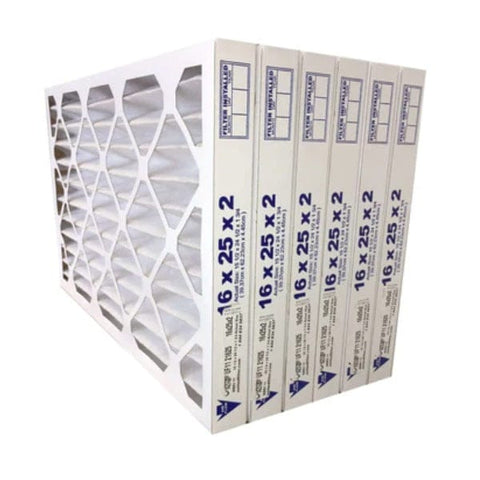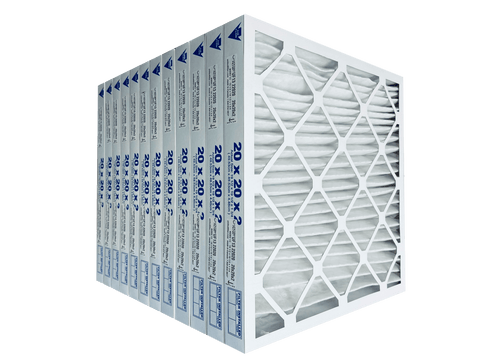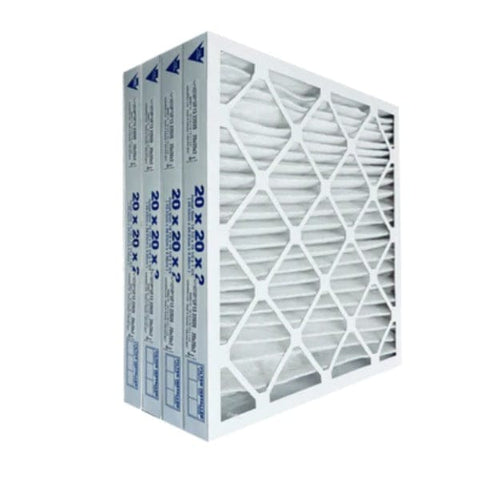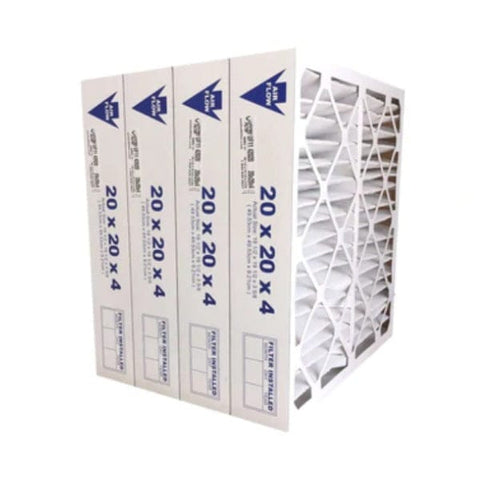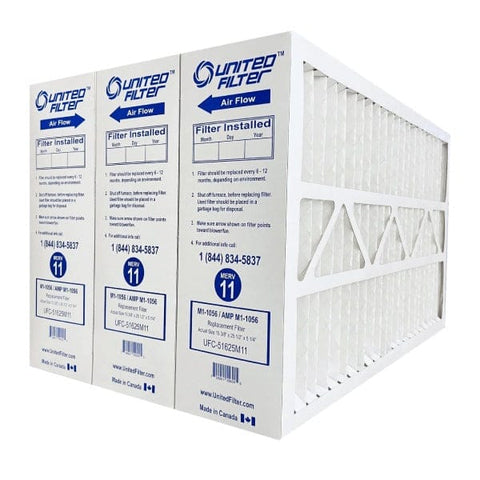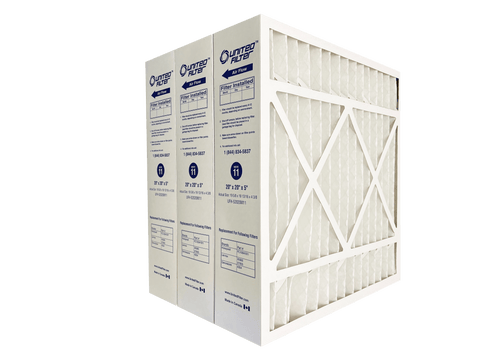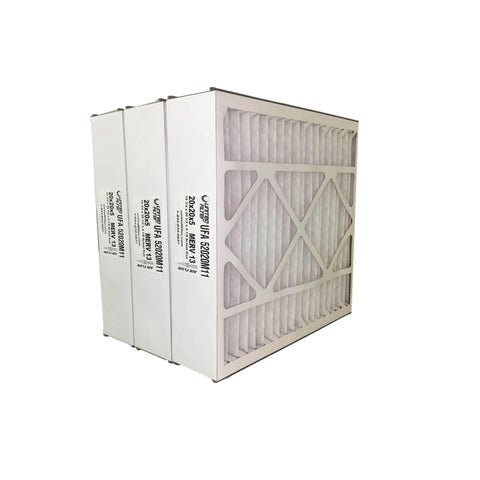What is the primary purpose of an air filter?
The primary purpose of an air filter is to remove contaminants such as dust, pollen, mold spores, and other airborne particles from the air passing through it. This helps improve indoor air quality and protect HVAC system components from dust buildup.
How often should I change my air filter?
The frequency of air filter replacement depends on several factors, such as filter type, indoor air quality, household size, and whether you have pets. In general, it is recommended to replace standard 1-inch filters every 1 to 3 months. High-efficiency filters may last longer, up to 6 to 12 months.
Are high-efficiency air filters worth it?
High-efficiency air filters, such as HEPA filters, can remove smaller particles and allergens. They are worth it if you or your family members suffer from allergies, asthma, or respiratory issues. However, they can also put additional strain on HVAC systems not designed for them.
Can a dirty air filter affect my HVAC system's performance?
Yes, a dirty or clogged air filter can reduce airflow, forcing the HVAC system to work harder. This can lead to reduced efficiency, higher energy bills, and potential damage to the system over time.
What's the difference between MERV and HEPA filters?
MERV (Minimum Efficiency Reporting Value) is a rating system for air filters that ranges from 1 to 16. Higher MERV ratings indicate better filtration. HEPA (High-Efficiency Particulate Air) filters are a specific type of high-efficiency filter that can capture at least 99.97% of particles as small as 0.3 microns.
Do air filters help with odors?
Some air filters are designed to help with odors by incorporating activated carbon layers that absorb volatile organic compounds (VOCs) and other odor-causing particles. Standard particulate filters generally won't address odors.
How do I choose the right air filter for my home?
A: To choose the right air filter, consider factors such as the size of the filter required by your HVAC system, desired MERV rating, any specific allergies or health concerns, and whether odor control is important. Also, ensure that the filter won't overly restrict airflow for your HVAC system.
